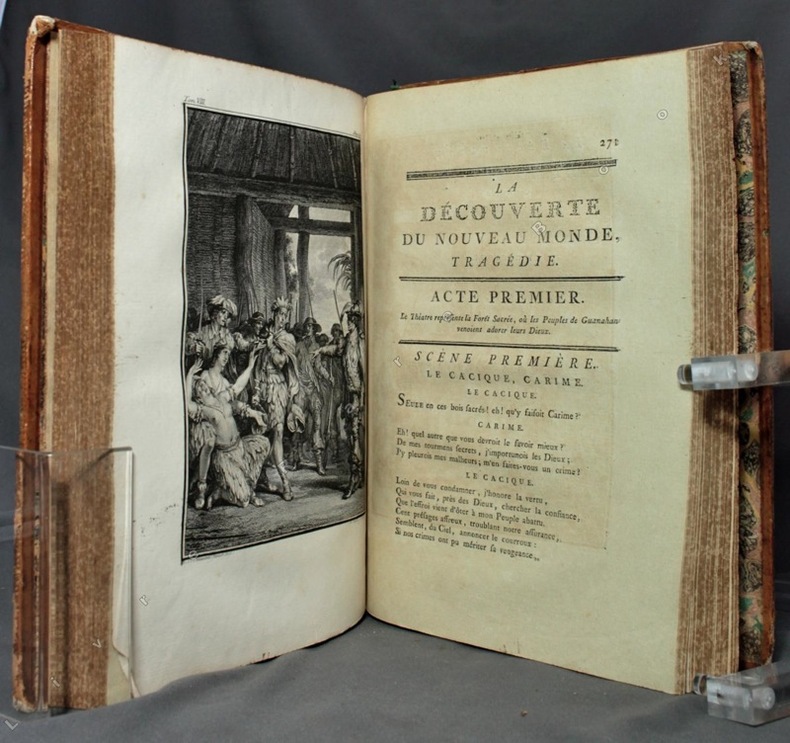
As much as his memoirs differ from his best-known novel, they are equally concerned with ethical problems, and Moore locates one of his most crucial confessions in a memory of the servant woman whose conversation, he said, provided the necessary background for Esther Waters. Yet in those memoirs, which themselves have little precedent within the British autobiographical tradition, Moore deploys gossip and satiric comedy as a mode of confession through which to explore challenging questions about art and human relations. Unlike Esther Waters, Moore’s autobiographies were for decades understood as little more than salacious gossip: witty and elegantly written but without intellectual or moral complexity. In addition to a place among his contemporaries as a respected English novelist, Esther Waters brought to her Irish author an aura of moral seriousness at variance with his reputation as an iconoclastic provocateur. Moore repeatedly claimed a literary paternity more French than English, and whereas the vast array of characters from urban and rural life reflects his reading of Balzac and those scenes that made the novel’s debut a matter of scandal reveal his debts to Zola, Moore identified this work “as characteristically English as Don Quixote is Spanish 1”.


Susan Dick, Montreal, McGill-Queen’s University (.)ġAlthough most readers immediately think of Esther Waters when they think at all of George Moore, the novel is in many ways atypical of his work. 2 George Moore, Confessions of a Young Man, ed.1 George Moore, Esther Waters, New York, Boni and Liveright (Carra Edition), 1922, p.


 0 kommentar(er)
0 kommentar(er)
